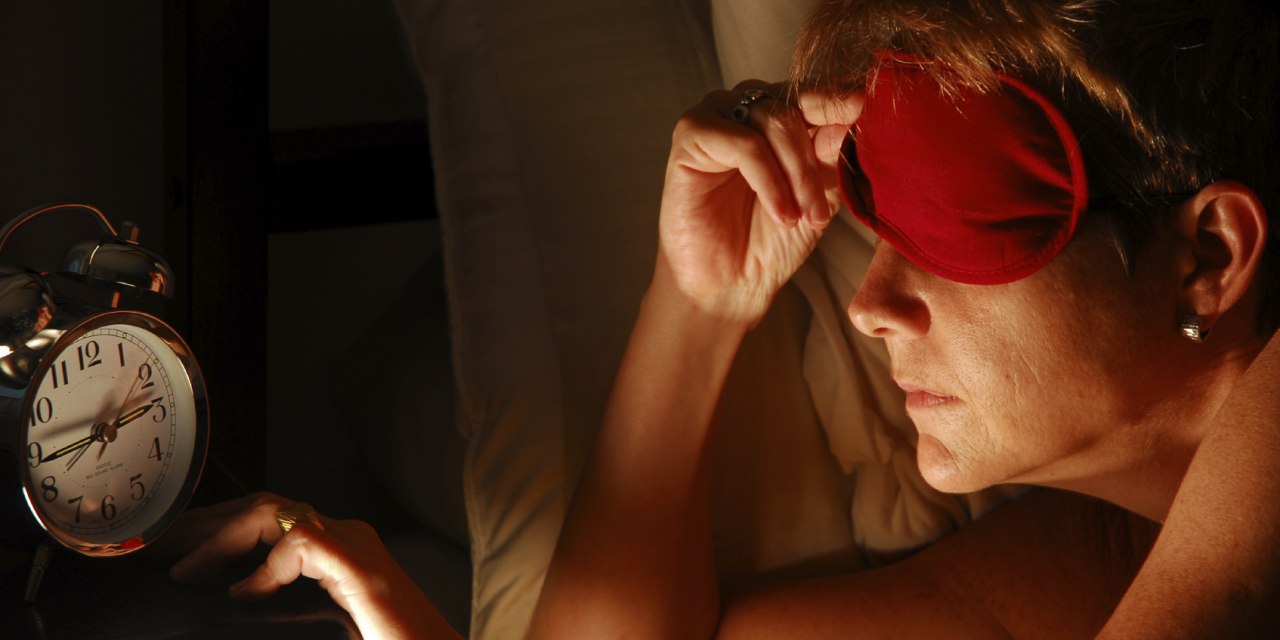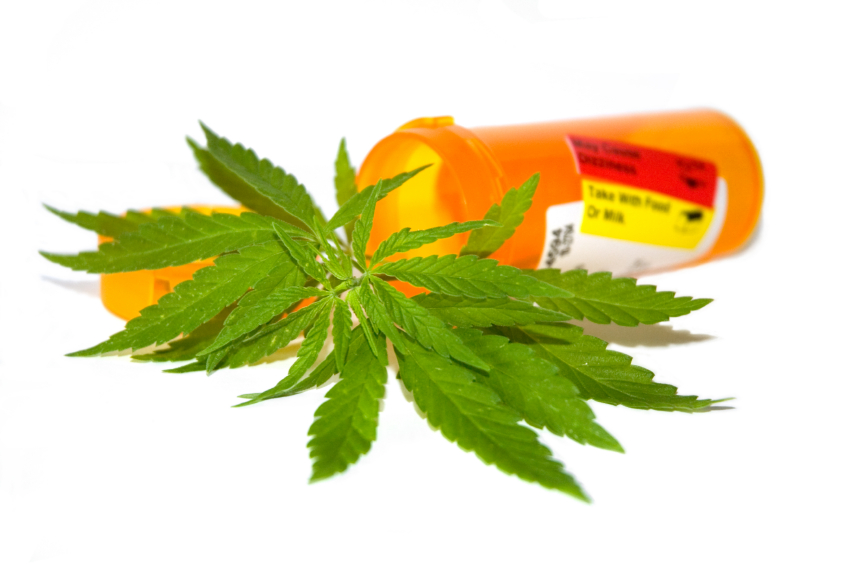As we’ve previously noted, the fastest rate of growth in cannabis use is found among seniors. Their top two reasons for turning to cannabis: chronic pain and problems with sleep. Quite a few wind up looking to cannabis for relief from both.
Which brings up the question: just how effective is cannabis at improving sleep?
Based on a review of the research, it does appear that taking cannabis before bed can help someone fall asleep. That’s due to the sedative properties of THC. The improvement lasts for as much as a few weeks of regular use. After that, however, any benefits rapidly decline.
Is that surprising? The same thing is true for conventional sleeping medications. Sleep aids as a rule remain effective for a relatively short period. If a patient continues taking them beyond that span, it’s probably for reasons other than their effectiveness.
Such as a developing dependence on the drug.
When someone is dependent, their tolerance to the substance robs it of much of its effectiveness. That’s an incentive to increase the dose. And tolerance is often accompanied by physical withdrawal symptoms that actually interfere with sleep.
Translation:the solution has become part of the problem.
At that point, we might say you’re worse off than you were when you began using the drug in the first place.
As a result, most experts recommend treating cannabis much the same as you’d treat any of the common prescription sleepers — as a temporary remedy only. After that initial period, be prepared to stop and look elsewhere for help. There are some genuinely effective behavioral treatments for insomnia that are also far safer than continued reliance on a drug.
If you find yourself experiencing discomfort when you try to stop cannabis use, however, doctors recommend a gradual reduction over time, called a taper, instead of rapid cessation. That’s to minimize the severity of any discomfort you may experience.
Cannabis withdrawal isn’t as severe or intense as that experienced by people in withdrawal from opioids or alcohol. Its symptoms – anxiety, irritability, insomnia et al – are nonetheless enough to interrupt sleep.
So slower is better.
Some users report having tried CBD products, in the belief that they’re safer than THC. Unfortunately, there’s little evidence as yet that CBD provides long-term relief for sleep problems.
Sleep is among the most common complaints of people who are new in recovery, and when asked, we generally recommend avoiding cannabis altogether.
Since the benefits are short-term at best, and there’s a real danger of becoming dependent on the drug, what’s the point?
Why not play it safe? Better options are available.












